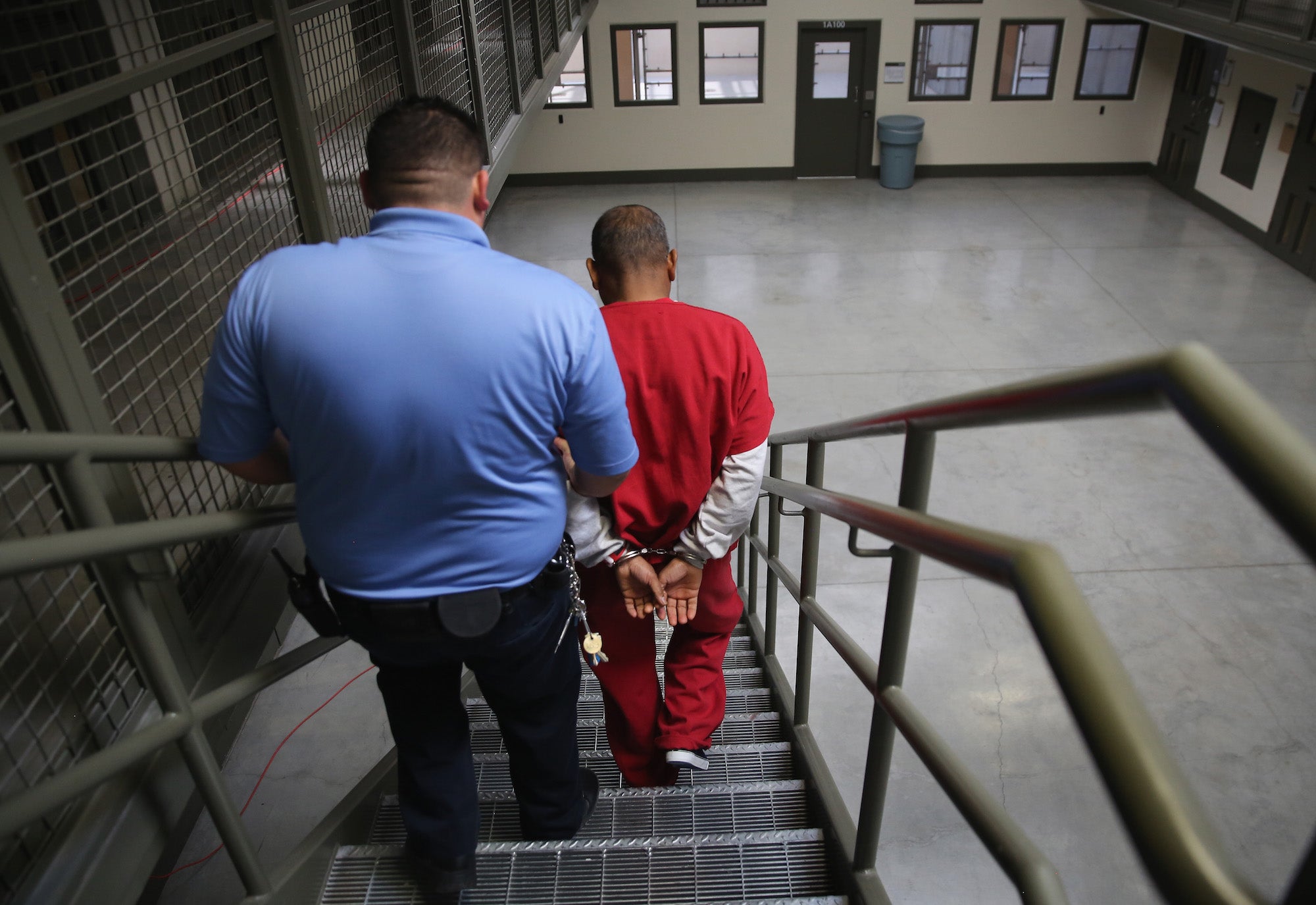6,000 prisoners to be released early from federal prison
The Justice Department will release the inmates between 30 October and 2 November

Your support helps us to tell the story
From reproductive rights to climate change to Big Tech, The Independent is on the ground when the story is developing. Whether it's investigating the financials of Elon Musk's pro-Trump PAC or producing our latest documentary, 'The A Word', which shines a light on the American women fighting for reproductive rights, we know how important it is to parse out the facts from the messaging.
At such a critical moment in US history, we need reporters on the ground. Your donation allows us to keep sending journalists to speak to both sides of the story.
The Independent is trusted by Americans across the entire political spectrum. And unlike many other quality news outlets, we choose not to lock Americans out of our reporting and analysis with paywalls. We believe quality journalism should be available to everyone, paid for by those who can afford it.
Your support makes all the difference.Six-thousand federal inmates will be released early from federal prisons in an effort to reduce overpopulated prisons and sentences for drug offenders in the US.
Washington Post reports that the inmates will be set free nationwide 30 October through 2 November, mostly being sent to halfway houses and home confinement before their eventual release.
Nearly one-third of the prisoners are non-citizens and deported by US Immigration Custom Enforcement officials, one unnamed Justice Department official told CNN.
Sally Quillan Yates, a Justice Department deputy attorney, told the station that her department "strongly supports sentencing reform for low-level, non-violent drug offenders."
The US Sentencing Commission produced new guidelines for non-violent drug offenders in April. The changes would be retroactively applied to at least 50,000 federal inmates, the Post reports.
Join our commenting forum
Join thought-provoking conversations, follow other Independent readers and see their replies
Comments